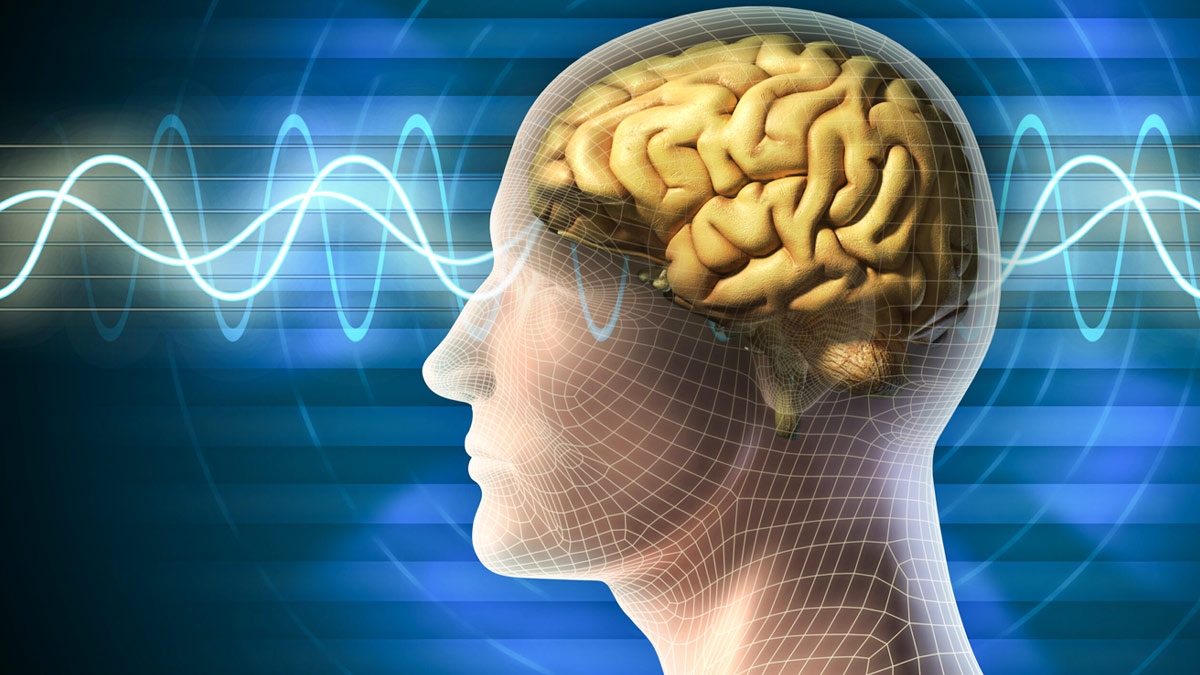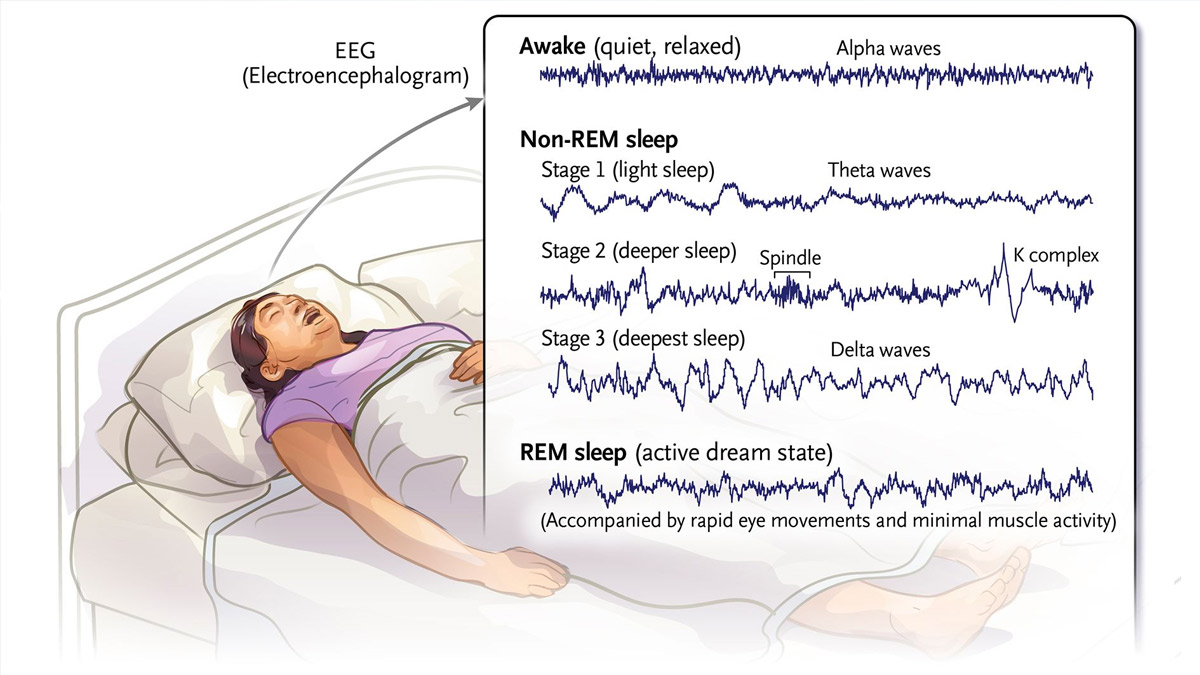
People usually fall into two groups. Some love to stay awake late at night. Others prefer waking up early and getting a head start on the day. You’ve probably heard that early risers are more productive or successful. But is it true for everyone? It turns out, when your brain works best depends on more than just habit or willpower. It’s actually linked to your body’s internal clock and genetics.
Table of Content:-
Expert Rachel Barr Sheds Light on Brain Performance Timing![1 - 2025-08-29T132031.914]()
Rachel Barr, a neuroscientist, explains in an instagram video how your body decides when you feel most awake and productive. She says, “We're often told the key to success is getting up early. But it’s not just the alarm clock that wakes you up. It’s also your body’s internal timekeeping system.”
This system controls when you feel hungry, sleepy, and alert during the day. The tricky part? A lot of it is wired into your genes. For example, if you have a night owl genetic profile, you tend to sleep and wake later naturally. Rachel explains, “If you're a night owl, waking up at 5 a.m. might not work well because you’d be missing crucial REM sleep.”
ALSO READ: Struggling to Remember Dreams? Researchers Reveals Bedtime Habits That May Help
Why REM Sleep Matters for Night Owls and Early Risers![rem sleep 2 - 2025-08-29T132027.887]()
REM sleep is the phase of sleep when your brain does important emotional processing. It usually happens in cycles during the late night and early morning hours. Missing out on REM sleep can affect your mood and focus. Rachel says, “We sleep in cycles, non-REM followed by REM. Most REM sleep happens in the early morning hours. Losing this can hurt your emotional health.”
For early risers, waking up before their sleep cycles finish can mean less REM sleep. Night owls might simply be better off sleeping and waking later to catch all their REM cycles.
Understanding Sleep Cycles
It is not the hours of sleep but the cycles. We sleep in a non-REM and REM mode. The majority of the REM sleep occurs in the late part of the night or early morning. This is important because:
- REM sleep aids the brain with emotion processing.
- The absence of REM sleep may have an impact on memory and mood.
- These benefits cannot be missed by night owls who have to wake up early.
How to Work With Your Body Clock![sleep cycle 3 - 2025-08-29T132035.717]()
You are a nighttime person or a morning person; either way, knowing your natural rhythm can make you more productive. Some tips include:
- Monitor your high times: The time you usually feel the most alert and creative.
- Represent work schedules wherever possible: Schedule difficult tasks when you are most productive.
- Make sleep a priority: Be sure to have sufficient non-REM and REM.
- Be adaptive: Make small changes and not drastic ones.
What This Means for You: Tips to Find Your Best Time
Here are some simple tips from Rachel and sleep experts:
- Pay attention to your body's sleep and wake signals.
- You do not have to struggle too hard with your genetics; make adjustments in your schedule where you can.
- Attempt to reach complete sleep cycles, with sufficient REM.
- Also, maintain a normal wakefulness period, even during holidays.
- Avoid watching television at night to have better sleep.
ALSO READ: Skipping Sleep? Study Shows How You Could Be Raising Your Diabetes Risk
Conclusion
The notion that one can wake up earlier in the day and be more productive is not always true. You have your own clock in your brain that is genetically reliant. Knowledge of whether you are a night or an early bird can help you identify when to work, sleep and become more energetic. Caring about your sleep patterns, particularly getting enough REM sleep, can improve your mood and your productivity on a daily basis.
Also watch this video
How we keep this article up to date:
We work with experts and keep a close eye on the latest in health and wellness. Whenever there is a new research or helpful information, we update our articles with accurate and useful advice.
Current Version


